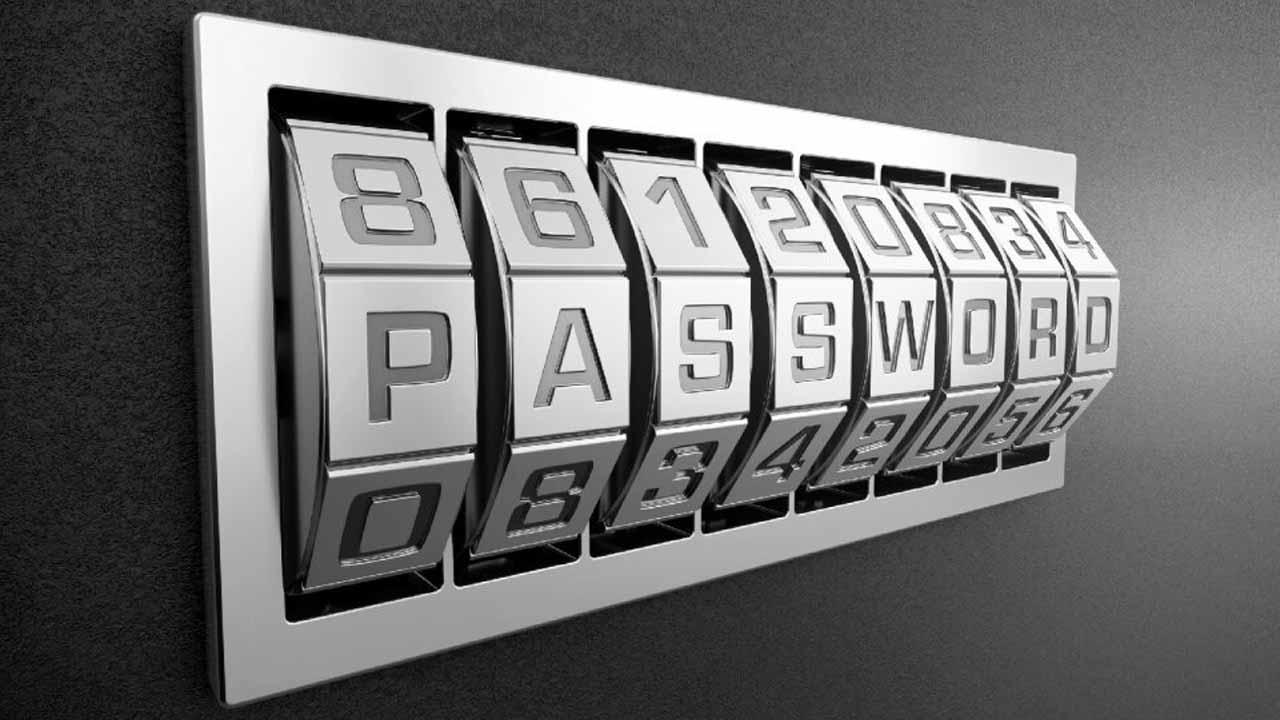Google’s password manager is one of the options for storing credentials and logging in easily. It’s useful when you have many accounts and want to avoid having to memorize all the passwords and not forget the ones you use less. In this article, we’ll report on an interesting new feature affecting this service. Now, it has a new feature that allows you to automatically synchronize Passkeys.
Passkeys are alternatives to traditional passwords. You can use your fingerprint, facial recognition, etc. These access keys, which use biometric authentication, are, on paper, more reliable than using a traditional key with letters and numbers. Now, you will have the option of automatic synchronization.
Google Key Manager Improves Synchronization
The new feature is that Google’s password manager will now automatically synchronize these Passkeys or access keys between devices with Windows, macOS, Linux and mobile operating systems. Until now, this function was only available for Android devices, although you could use a QR code to enter them from other devices. This has now changed and the process is easier.
The idea is that once you save those Passkeys in the Google manager, they will be synchronized with the other devices. You just need to log in to your account, as you did previously on Android, and you’re all set. If you use fingerprint or facial recognition, for example, you can also use it on other devices easily.
The goal is to make it easier to log in and access accounts of all kinds from other devices without compromising security. Google has also added an extra layer of security by introducing a new PIN for the password manager. This PIN creates end-to-end encryption and protects those synchronized credentials.

Comfort, without sacrificing safety
With all this, Google aims to make it easier for users to log in from other devices, but without compromising security. It is essential to always keep any Internet account or platform where you have personal data safe.
As we mentioned, you will have to enter a PIN that will act as a master password. This code can be set up from 6 digits. However, our recommendation is that you use a longer combination, always mixing letters (upper and lower case), along with numbers and symbols that you can enter.
You should always use passwords that are difficult to memorize. So avoid things like your name, date of birth, phone number and similar things that are easy for you, but that a hypothetical intruder could also try to access your accounts without having permission. Depending on the strength of that password, it will take them longer to hack your account.
In short, Google’s password manager now introduces an interesting new feature: it allows you to automatically synchronize Passkeys or access keys with other devices, such as systems with Windows, macOS or Linux.












